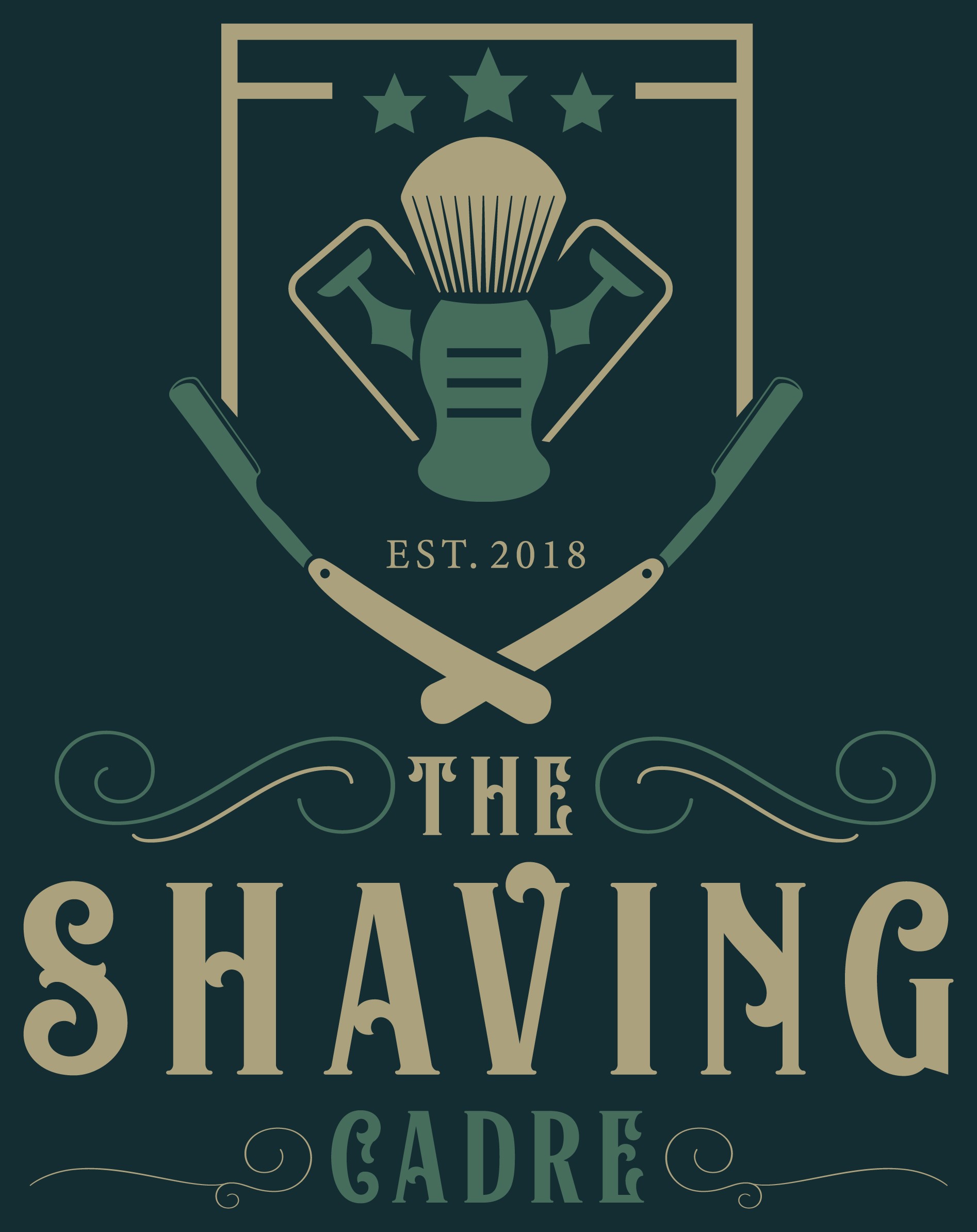Carbs can lead to the body storing more water, about 3g per gram of glycogen stored, which in the short run, can give a false positive on weight gain, since we don't really care about water, it's fat tissue we care about. That evens out when glycogen stores are topped off.
Also some carbs seem to lead to more bloating in some folks, which is also a false positive, but no one likes to feel bloated anyway. All that to say, carbs aren't necessarily the issue.
Paleo is fine if you just prefer that kind of diet though, but like a lot of diets that are focused on restricting some dietary element, it's not what's being restricted that's the secret, it's just that you're restricting intake in general.
One tricky thing with low carb diets, is it generally means more fat in your diet. Fat has almost twice the calorie content of carbs or protein, and is easy to over do, so be mindful of that.

But even for folks without macro restrictions, carbs are the first thing to be reduced in a diet. The general rule is not even to count the first couple of weeks of weight loss, because when carbs start getting reduced, glycogen stores are emptied, and there's a good deal of quick water weight loss. I certainly notice I have to run to the toilet a lot more ofter the first couple weeks of a cut.
So after that ramble, I guess my point is, don't dump your carbs only to eat just as much fat in it's place, that's actually a net loss.
